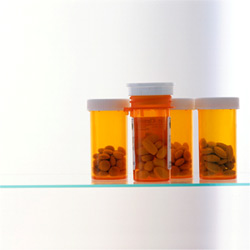Laura’s Law – Forced Treatment, Saved Lives
Some of you may have heard of Laura’s Law in California or Kendra’s Law (similar) in New York. These laws, and similar laws across 42 states, allow for court-ordered treatment of mental illness as a condition of community living.
In other words, they strong-arm people into treatment and this could be seen as treatment without consent. (It’s hard to argue consent when your ability to live outside a locked facility is in jeopardy.)
And this is a very good thing. It is saving lives (among other things).
Read More













Recent Comments